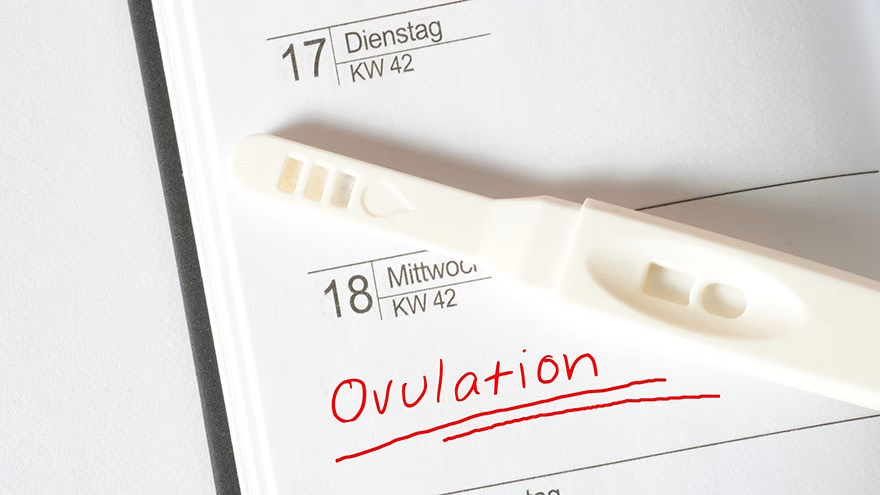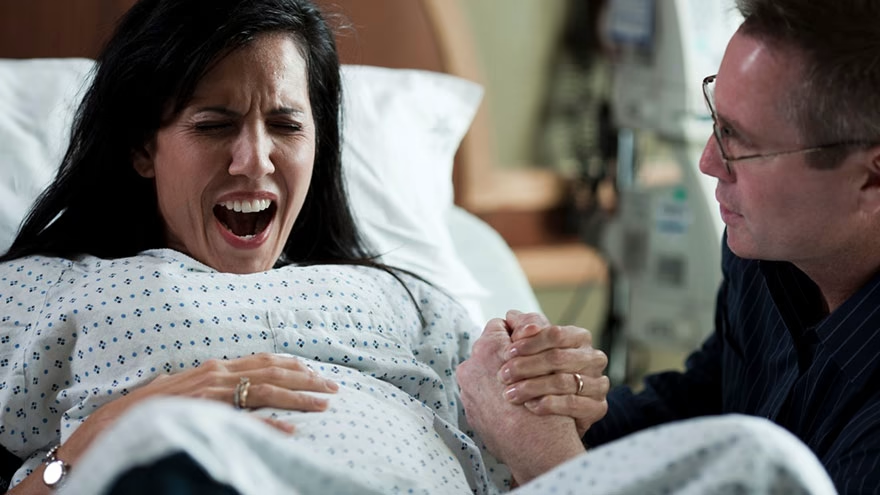These tests can also help you identify ovulation problems that could prevent you from seeing a positive home pregnancy test.

The Science
In the days leading up to ovulation, your body's luteinizing hormone (LH) increases dramatically, according to the American Pregnancy Association. Ovulation tests for the presence of LH in your system are based on a urine sample.Read the instructions before using your ovulation test to understand how a negative or positive result for that particular brand appears. You can expect to see a positive result about one to two days before you ovulate.
When To Test
Generally, ovulation occurs around the middle of your cycle. A woman who has a 28-day cycle may ovulate on or around day 14, according to BabyCenter.com. You may begin seeing positive results a few days before that point.If you test daily but do not see a positive result, you may have already missed your fertile window or you may have an "anovulatory" cycle, meaning that you did not ovulate or have an LH surge. Don't worry; it's normal to occasionally have anovulatory cycles.
Limitations
Be aware that getting a positive ovulation prediction does not mean that you will certainly ovulate, according to BabyCenter.com. You may get LH surges but never release an egg for implantation.Testing with your first morning urine may also give you a false-positive test result, meaning that the test says you are experiencing an LH surge when you actually aren't.
If you are taking drugs that contain LH or if you are already pregnant, you may also get inaccurate results, points out ClearBlueEasy.com.
Getting Help
Having intercourse daily when you first get a positive ovulation predictor test result can help you get pregnant sooner, suggests MayoClinic.com.If you have multiple cycles without a positive ovulation result, talk to your doctor about your concerns.
Save for later
Found this helpful?
Pin this article to your Pinterest board and come back to it whenever you need a reminder.
Save to Pinterest


